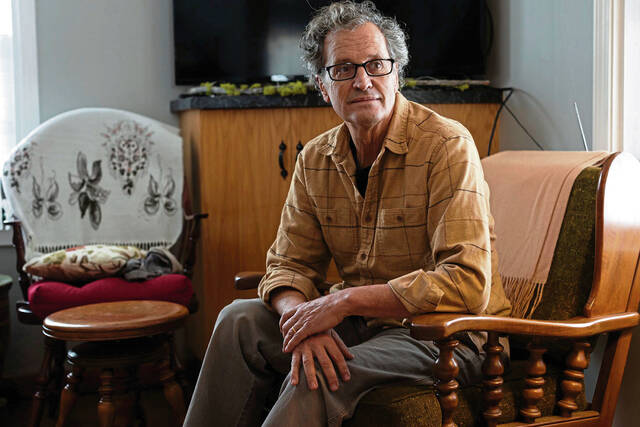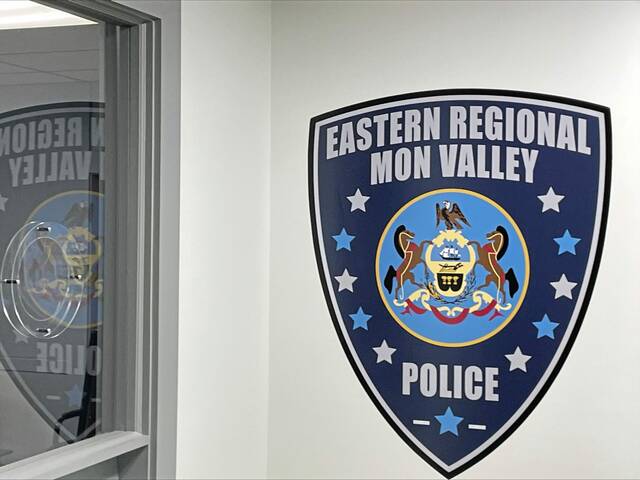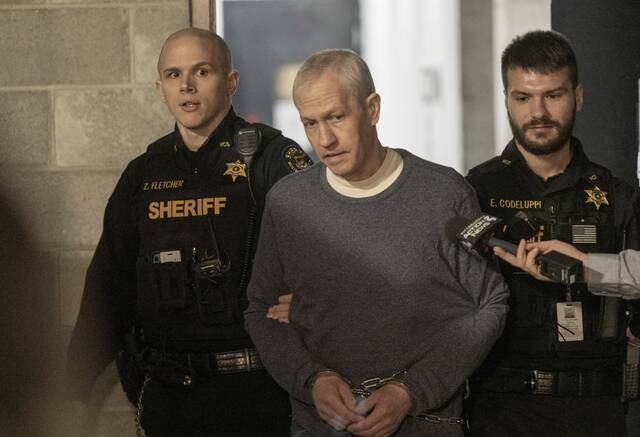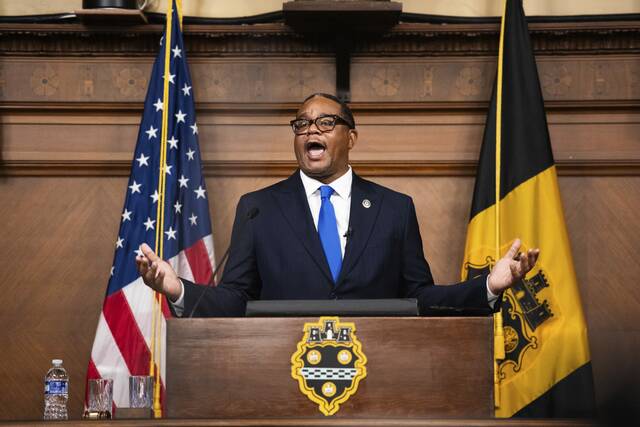Anyone who owns a rental property, including long-term rentals and Airbnbs, would be required to go through a permitting and inspection process under legislation advanced by Pittsburgh City Council.
People would need to apply for a permit each year, according to the proposed legislation. They would be required to provide information including the street address of each rental unit, the number of units within each property, their name and contact information, a copy of their identification, and a copy of an occupancy permit for properties that require one.
An inspection would be required every three years.
This applies to long-term and short-term rentals as well as people who rent part or all of their home through Airbnb or similar platforms.
Exceptions are made for dormitories.
Council members present at Wednesday’s meeting unanimously supported the measure. Council President Theresa Kail-Smith was not present for the vote.
Council is expected to take a final vote next week.
The measure appears to combine efforts council has made to create a rental registry and to regulate short-term rental units.
Efforts to create a rental registry have been repeatedly blocked by Pennsylvania courts. The most recent iteration of the city’s rental registry legislation was struck down by Commonwealth Court because it required “inspection without permission of an owner and lessee,” along with other requirements.
It also would have published registration and inspection information on a public online database.
A similar ordinance the city had tried to enforce was struck down in court because of a lawsuit challenging associated fees.
Legislation to regulate Airbnbs and other short-term rental units in the wake of a fatal shooting at an Airbnb in the city’s North Side was put on pause for more than a year because of legal issues surrounding the rental registry program. The bill’s sponsor, Councilman Bobby Wilson, D-North Side, this summer scrapped the initial proposal and replaced it with the legislation now before council.
“The goal here was to build something that would withstand the test of time and the courts,” Wilson said.
Wilson said he felt the bill now before council would not have the same troubles in court as the prior bill.
Wilson said in a statement that the revised rental registry ordinance eliminates or changes several things that the Commonwealth Court objected to. That included:
• The requirement that landlords attend a landlord academy and hire a responsible local agent.
• That rental unit inspections occur without the property owner’s and tenant’s permission.
• And that the city would maintain a public online database of all registered properties.
Olga George, a spokeswoman for Mayor Ed Gainey, said the administration believes the legislation “adheres to the guidance from the Commonwealth Court, so we expect that there will be no reasonable grounds for it to be challenged.”
Council members said the new legislation should help officials regulate rental properties and ensure they’re safe for tenants.
“We’ve been fighting for 15 years to get to the point where we can have a registry of apartments,” said Councilwoman Deb Gross, D-Highland Park. “We need it because we have bad actors out there who really are letting people live in conditions that are just unlivable, and those tenants don’t have much of a choice.”
David Green, acting director of the city’s Department of Permits, Licenses and Inspections, said the department would send an inspector to every rental property in the city.
The department would work with landlords to schedule inspections, he said, and landlords who didn’t cooperate could face summary charges.
Landlords who didn’t pass inspection would be given a written list of any deficiencies and a time frame of when they must be fixed, Green said.
The inspections will aim to ensure “there is a minimum level of safety” for tenants based on the International Property Maintenance Code.
The inspection will include checking for functional heating and plumbing and will ensure “the physical infrastructure of the rental units have been maintained so there’s no hazards,” Green said.
Green said he anticipates the program, if approved, would roll out early next year.
Several details remain to be finalized.
He said there is not yet a fee structure. That would be included in the department’s 2024 fee schedule, which City Council would need to approve.
Because the city does not currently have a rental unit registry, officials could not say how many rental units would need to go through the process.








